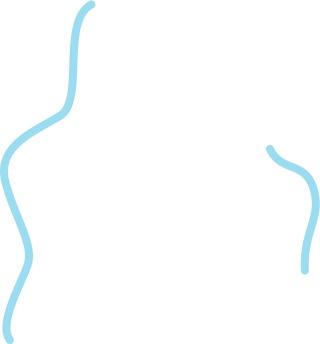Dizziness and numbness
Dizziness and numbness often point to underlying health issues, such as circulation problems, nerve dysfunction, or nutritional deficiencies. Instead of only using medications, a holistic approach explores these root causes. Addressing lifestyle, diet, and overall health can effectively treat these symptoms, promoting better bodily function.

Symptom of
Dizziness and numbness
The symptoms of dizziness and numbness can include:
- Feeling lightheaded or faint.
- A spinning sensation (vertigo).
- Numbness or tingling in the affected area.
- Weakness or muscle atrophy.
- Loss of balance or coordination.
Causes of
Dizziness and numbness
The causes of dizziness and numbness can vary from person to person, and can be influenced by a number of factors including genetics, lifestyle, diet, environmental toxins, stress, and hormonal imbalances. Some common triggers include:
- Neurological conditions: Neurological conditions such as multiple sclerosis and Parkinson’s disease can cause dizziness and numbness.
- Cardiovascular conditions: Cardiovascular conditions such as high blood pressure and heart disease can cause dizziness and numbness.
- Nutrient deficiencies: Deficiencies in nutrients such as vitamin B12 and iron can cause dizziness and numbness.
- Medications: Certain medications can cause dizziness and numbness as a side effect.
- Anxiety and stress: Anxiety and stress can cause dizziness and numbness.
Our top picks
-
 16 itemsGetTested’s Cortisol Test measures bioavailable and free cortisol on seven occasions during a day. Cortisol is released in response to physical or mental stress. Produced by the ad…
16 itemsGetTested’s Cortisol Test measures bioavailable and free cortisol on seven occasions during a day. Cortisol is released in response to physical or mental stress. Produced by the ad…£125.00Original price was: £125.00.£123.00Current price is: £123.00.
Treatments for
Dizziness and numbness
Functional medicine approaches to treating dizziness and numbness involve identifying and addressing the underlying causes of the condition. Some common treatments include:
- Nutritional supplements: Supplements such as vitamin B12 and iron can help address nutrient deficiencies and reduce symptoms.
- Lifestyle modifications: Regular exercise, a healthy diet, and stress-reduction techniques such as meditation and yoga can help improve overall health and reduce symptoms.
- Environmental modifications: Reducing exposure to environmental toxins and pollutants, and using natural cleaning products can help prevent neurological damage and reduce symptoms.
- Acupuncture and massage: These alternative therapies can help improve circulation and reduce symptoms.
- Medications: In some cases, medications may be prescribed to help manage symptoms.
Understand the root cause: Take a test today to always perform at your max







